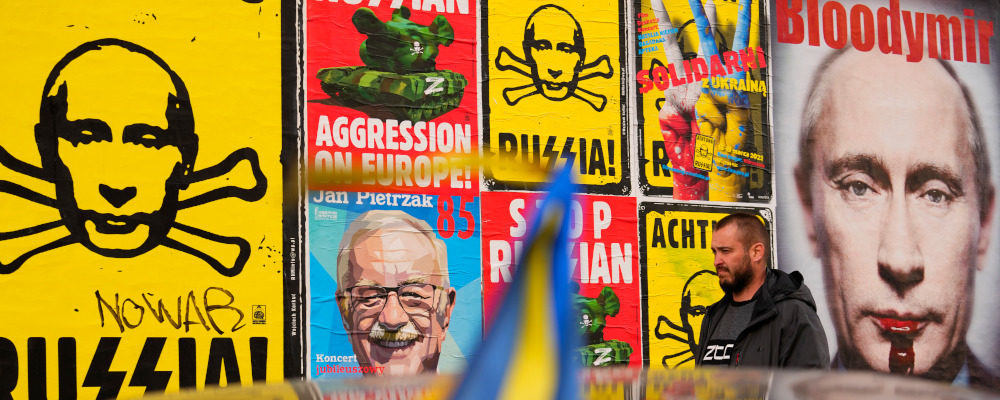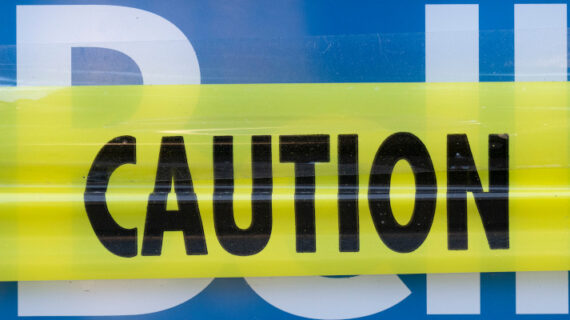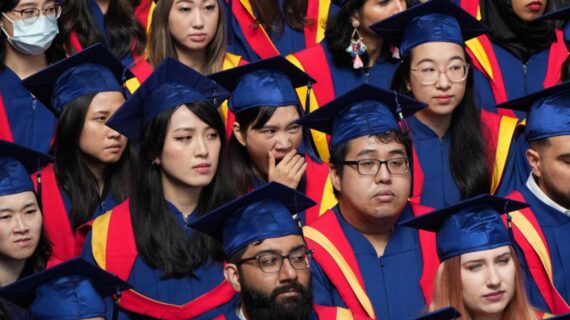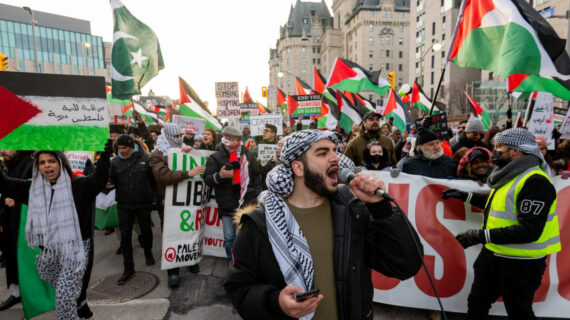In 1998, I happened to be in Moscow during a national holiday commemorating the armed forces. I watched the public strolling and paying tribute to past Soviet Secretary Generals buried in the Kremlin. Two vivid memories have stayed with me over the years; first, the overwhelming number of carnations placed on the grave of Joseph Vissarionovich Stalin—still number one in Russian hearts. The second was the eagerness of my guide, a retired Russian officer—whose father was a WWII war hero buried in the famous Novodevichy cemetery—to inform me, unbidden, that Stalin’s Jewish doctors had killed him.1“During the Soviet Union, burial in the Novodevichy Cemetery was second in prestige only to burial in the Kremlin Wall Necropolis. Among the Soviet leaders, only Nikita Khrushchev was buried at the Novodevichy rather than at Red Square. Since the fall of the Soviet Union, the Kremlin Wall is no longer used for burials and the Novodevichy Cemetery is used for only the most symbolically significant burials.” https://en.wikipedia.org/wiki/Novodevichy_Cemetery
This came to mind last week when Putin lectured a massive crowd of 200,000 in Moscow to shore up support for a war he unleashed on Ukraine without permission of the Russian people, most of whom knew little of the invasion. Now that the war is going badly, he needs their approval before the sanctions do maximum damage to Russia’s economy. But the main reason is that he may need access to their dwindling savings and fresh military recruits, should it come to that, by whipping up nationalist passions. His invocation of Stalin at the rally was the place to start. Calling those who disagreed with the war scum and traitors was also a nice touch.2“‘The West will try to rely on the so-called fifth column, on national traitors, on those who earn money here with us but live there. And I mean “live there” not even in the geographical sense of the word, but according to their thoughts, their slavish consciousness,’ Putin said. The ‘fifth column’ usually refers to sympathizers of the enemy during a war.” https://www.cnn.com/2022/03/17/europe/putin-speech-russia-ukraine-conflict-intl-cmd/index.html
As a tyrant, Putin has had the good fortune of not needing the support of his people for the simple reason that he had ready access to money by digging it out of the ground and stealing the nation’s wealth—oil, gas, and minerals—and selling it around the world. As long as there was plenty of money for his police, secret service, army, politicians, and oligarchs to keep him in power, the people were left to shop and eat at McDonald’s. All is changing rapidly. When passions need to be aroused, nationalism is the siren call with memories of Stalin and the perennial enemy, the Jews. This time, the Jew is replaced by America and the Nazi-fascist government in Ukraine. However, the antisemitism of Putin is just below the service when he refers to enemies as cosmopolitans, liberals, and secularists.
Despite what many in the West believe, Putin was never about the money; with the power of an autocrat, he always had access to the nation’s wealth, even that of his oligarchs. Vladimir Putin sees himself as Russia’s saviour; he is burning with anger and righteousness to make the West pay for his country’s humiliation, real or imagined. All this is captured brilliantly by Waller R. Newell, professor of political theory at Carleton University, in his book Tyrants: Power, Injustice, and Terror. Though the book only deals marginally with Putin, it takes the reader through 2500 years of tyrannical rule. One review states, “this is the biography of tyranny we’ve been waiting for.” Understand tyrants through history, and you begin to understand Putin today.
For those who believe that Putin is a throwback to some figure out of the19th century, Newell puts that illusion quickly to rest. Putin’s imperial aggression is from every century and no different from those of Robespierre, Pol Pot, or Stalin in his desire to achieve a millenarian vision of the future. For Putin, it’s a world free of liberal democracies brought low and replaced by authoritarian or totalitarian states suppressing the decadence of Western liberal niceties of free thought and the supremacy of the individual.
Still, it is hard to conceive that someone like Putin wants to destroy a world order that—despite the corruption of his country—was finally bringing some sense of prosperity to Russia, especially after the collapse of the Soviet Union. Yet he chose to shock the world, bringing international condemnation and opprobrium down on himself and his people. For an answer, we have to take the influence of Putin’s close advisor Alexsandr Dugin seriously. Dugin is a Rasputin figure with a deep hatred of the West, always whispering in Putin’s ear that Russia can regain its greatness only by recreating the Soviet Empire and “when the war is ultimately carried to the primary enemy,” contending with the United States.3“Dugin’s relationship with Putin and his inner circles has changed over time. Its extent is contested. Certainly, both men came to maturity within the former Soviet Russia. Both men were shocked at the regime’s collapse. Both rued Russia’s ensuing fall from superpower status. Both men are now committed to ‘making Russia great again’. Dugin thus came out publicly in favour of Putin’s controversial 2008 invasion of Georgia. During the 2014 Russia-Ukraine conflict, he bullishly called for the annexation of all Ukrainian lands that were part of the former Russian Empire.” https://theconversation.com/alexander-dugin-eurasianism-and-the-american-election-87367
None of this was a secret. For years Putin has told the world that Russia is part of Eurasia and not the West and that it was just a matter of time before he would try to reclaim the territory lost after the collapse of the Soviet Union.4“Vladimir Putin’s dream of a Eurasian Union, a vast trade and political bloc stretching from China to the edge of the EU, began taking shape in 2010 with the ECU, a free-trade customs union binding Russia, Kazakhstan and Belarus.” https://www.theguardian.com/world/shortcuts/2014/feb/18/brief-primer-vladimir-putin-eurasian-union-trade Others blame the expansion of NATO and the United States for the war in Ukraine. Still, as Professor Steven Kotkin of Stanford University argued, it is hard to believe that Putin would’ve acted differently with a more compliant and less expansionist NATO. It was the former Soviet states that rushed toward NATO after the failure of communism, not the other way around. To understand tyrants like Putin, we must study their place in history. Newell’s book is an excellent place to start.




